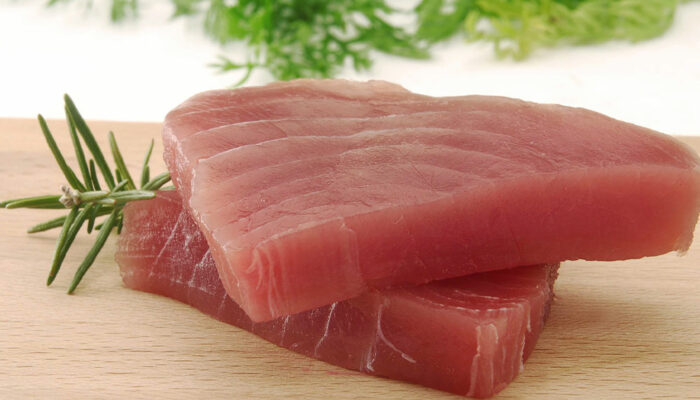10 foods that can worsen osteoporosis

Osteoporosis is a condition characterized by weakened bones. This condition, prevalent among older adults, can usually cause subtle symptoms, or sometimes none at all, until a fracture develops. As it is associated with increased fragility and susceptibility to fractures, those with osteoporosis may have to adopt certain preventive measures. Here, recognizing the role of nutrition in maintaining bone health and understanding key foods to avoid is a key management strategy.
1. Salty foods
Sodium-rich foods, especially processed snacks and canned goods, can lead to increased calcium excretion through urine. This calcium loss can weaken bones over time, worsening the effects of osteoporosis. High sodium intake also disrupts the body’s calcium balance, making it essential for those with osteoporosis to monitor and limit their sodium intake.
2. Carbonated drinks
Regular intake of carbonated beverages, particularly those high in phosphoric acid, has been associated with a decline in bone mineral density. Phosphoric acid competes with calcium for absorption in the digestive tract, potentially leading to a decrease in calcium levels in the body. This makes it imperative for those with osteoporosis to minimize their intake of carbonated drinks.
3. Caffeine
While moderate caffeine intake is generally considered safe, excessive intake can interfere with calcium absorption. Caffeine acts as a diuretic, increasing urine output and potentially leading to calcium loss along with leching out of other essential minerals. When dealing with weak bones, one should monitor caffeine intake while also ensuring they maintain a balanced meal plan containing calcium-rich foods.
4. Spinach
Certain vegetables, such as spinach, rhubarb, and beet greens, contain high levels of oxalates, which can bind with calcium in the digestive tract, reducing its absorption in the body and potentially leading to calcium deficiency. While these foods offer various health benefits, their intake should be limited in those with osteoporosis.
5. Phosphorus-rich foods
Soft drinks, processed meats, and some processed foods are rich in phosphorus. Increased intake of phosphorus can disrupt the calcium-phosphorus balance in the body, potentially leading to weakened bones. Following a balanced meal plan and avoiding excessive intake of phosphorus-rich foods can help one avoid worsening osteoporosis.
6. Sugary foods
Sweetened foods and drinks, often rich in phosphoric acid and added sugar, can hinder calcium absorption and contribute to reduced bone density. The excess sugar can also lead to increased calcium excretion through urine. So, those with osteoporosis should try to avoid sugary sodas and opt for healthier alternatives like water, herbal teas, or unsweetened beverages.
7. Red meat
Excessive amounts of red meat in daily meals have been associated with increased bone loss. This is particularly true for processed and cured red meat. High intake of these types of meats can lead to higher levels of sulfur-containing amino acids, which may negatively impact bone health. Further, while protein is an essential part of balanced nutrition, excessively high protein intake, especially from animal sources, can lead to increased calcium excretion. Balancing protein intake with calcium-rich foods is crucial for those with osteoporosis to ensure optimal bone health. Additionally, one can opt for other sources of protein like eggs, fish, legumes, and certain plant-based foods.
8. Cheese
Certain types of cheese, particularly those that undergo extensive salting processes, can be rich in sodium, which can cause calcium loss, potentially weakening bones. So, those with osteoporosis should opt for low-sodium cheese or limit their intake of sodium-rich options.
9. Excessively spicy foods
Spicy foods, especially those rich in capsaicin (like chili peppers), can lead to increased calcium excretion. While the impact is not as significant as some other foods on the list, it is important to have spicy foods in moderation when managing osteoporosis.
10. Nuts and seeds
Certain nuts and seeds, such as almonds, cashews, and chia seeds, contain moderate to high levels of oxalates. While nuts and seeds offer many health benefits, those with osteoporosis should limit the intake of almonds, cashews, and certain seeds. Balancing their meals with calcium-rich foods is a better option here.
In addition to avoiding the aforementioned foods, one should also keep their vitamin A intake in check. While the vitamin is essential for vision and immune function, high doses of vitamin A have been associated with an increased risk of fractures. Here, it is important to consult a registered nutritionist or physician to understand which foods can be removed from daily meals.



